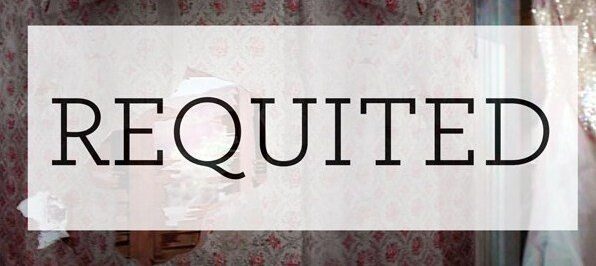One really important thing Freud was wrong about:
He was right to say that there is childhood sexuality, but he was wrong to assume that there is adult sexuality. Sex is where we go when we want to flee the adults. In Totem and Taboo, Freud argued that the primordial myth of humanity, its deepest dream and trauma, was the son’s incestuous threat, and the father’s castrating expulsion of the son. The son joins the Band of Brothers (the Brother Hoard) in a guilty return for the purpose of patricide.
What’s wrong with this fable is the idea that, once expelled, the sons ever wanted to return. The father’s sex was a grinding affair of rocks, like the movement of tectonic plates. Beneath it, the women groaned and thought to themselves, “When will this ever be over?” There was no life in it, only inevitability. Also wrong is the idea that all of the daughters stayed in the fold, that none of them sympathized with the brothers, that none of them ran away to be with them. Even the mother must have looked on with her pale eyes and wondered what it must be like to move beneath something less ponderous than a continental plate. She sighed. She joined us brothers and sisters in spirit, and sat warm and brooding in her bed awaiting our return, so that life could be interesting again.
Freud could think (and think and think) Oedipus, but he couldn’t think Dionysus. That agile god popped from the side of the father, ran, and never looked back. He was the original, manic Gingerbread Man. “Can’t catch me,” but also, “Don’t look back.” Joy at release, not Freudian resentment and revenge. A great flowing away. “Dance, dance, whoever you may be, I am the Lord of the dance!” says he.
At any rate, the myth of adult sex is mistaken because in sex we expose our soft spots. We whisper. We cuddle. We pet. It’s a way of saying, “There are no adults here. We are safe. Look at this! Touch this! Kiss kids!” Give up to me your soft spot, prepare yourself to die knowing that I am a child and will not harm thee, and I will accompany you as we move toward God, (Rilke’s “Anxious One”) before whom we surge forth “with all our earthly feelings.”
I acknowledge that this is what some call vanilla sex, and that some get bored with it. I’ve gotten bored once or twice. The non-vanilla or what we call the perverse is to say, “What if we let the adults join us?” What if we let the father in with his heavy, dark, and stinking limbs? Scary thought but thrilling. We play at the adult and that’s where the rough stuff comes: the ropes, the leather, the hurting on request, the role games. (“Pretend to rape me, okay? Let’s see, you’re my high school history teacher, Mr. Bloom, the old cootie. Put me over that three volume set of Gibbon and don’t hold back!”) In this way we draw a moustache on the oppressiveness of the law (for the perverse is the sex that risks exposing its soft spot to power).
But mostly sex is something invented by and exclusively for children, who wish to sprout wings and “whitely fly in circles” around God’s face. (Rilke)
Curtis White is the author of eleven books, most recently The Barbaric Heart: Faith, Money, and the Crisis of Nature (PoliPointPress, 2009). He is currently working on a new project entitled All at Once, from which the above was taken; other excerpts can be found at Big Other.
